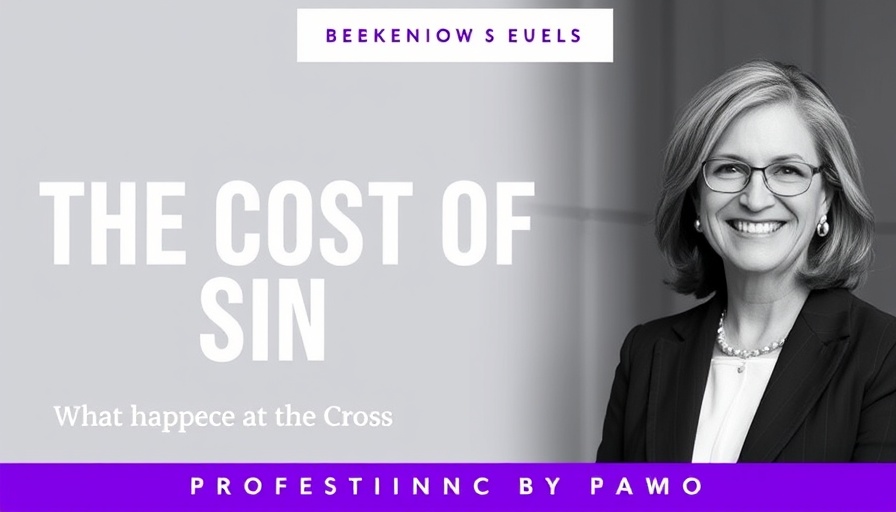
The Significance of Sunday Laws in Adventist Belief
The debate surrounding Sunday laws has long been a contentious topic among members of the Seventh-day Adventist (SDA) faith community. Historically, these laws, which mandate Sunday as a day of rest and worship, conflict with the Adventist belief in the Sabbath, observed from Friday evening to Saturday evening. This perceived imposition challenges the religious freedoms of those who uphold the biblical mandate to keep the Sabbath holy.
Current Events and Their Impact on Adventists
Recently, discussions surrounding the potential revival of Sunday laws have resurfaced, prompting mixed reactions within the SDA community. Advocates of Sunday laws argue that implementing such legislation could unify society by fostering a common day of rest. However, many voice concerns that this would encroach on religious liberties, particularly for groups like the Adventists who are called to worship on a different day.
Understanding the Historical Context
Historically, Sunday laws have been enacted in various forms, primarily aimed at restricting commerce and promoting church attendance. The implications of these laws stretch beyond simple observance; they reflect broader themes of freedom of religion and the separation of church and state. The repeal of some Sunday laws has often been seen as a victory for religious tolerance, while recent movements to reinstate them signal a persistent tension between traditional values and modern secularism.
Counterarguments: What Do Critics Say?
While proponents of Sunday laws highlight the idea of promoting societal norms, critics argue that these laws can be discriminatory towards those who observe different religious practices. Many see the push for Sunday laws as an overreach of governmental authority, potentially setting a precedent for infringing on individual rights. The debate becomes particularly critical when considering implications for minority faith groups, like the SDA community, who may find their freedoms substantially restricted.
Future Predictions: What Lies Ahead?
The future of Sunday laws is uncertain, particularly as society grapples with evolving views on religion and governance. If the recent trend continues, we may see further legislative attempts to define religious observance through law. For the SDA community, remaining vigilant and engaged with these issues is crucial. The potential for renewed legislation means that Adventists must be proactive in advocacy and dialogue to protect their right to keep the Sabbath.
Why This Matters to You
For members of the SDA faith community, the implications of Sunday laws are profound. They not only affect religious observance but also touch upon the core values of freedom, tolerance, and community belonging. Understanding the dynamics at play in these discussions can empower individuals to take action, fostering a supportive environment for religious expression.
Key Takeaways and Actionable Insights
It is essential for SDA members to actively participate in discussions regarding Sunday laws. This includes staying informed about legislative developments and engaging with community leaders to advocate for religious freedoms. Ensuring that the voices of the Adventist community are represented is paramount in the fight against potential encroachments on their beliefs.
As this dialogue continues, the need for collective action becomes even more crucial. By clarifying their stance and pushing back against policies that threaten their Saturday observance, Adventists can foster a climate of understanding and respect for diverse religious practices.
In the face of potential Sunday law actions, it is imperative for the SDA community to remain proactive and united, furthering their commitment to upholding their religious liberties in the changing landscape of American law.
 Add Row
Add Row  Add
Add 




 Add Row
Add Row  Add
Add 


Write A Comment